Lok Raj Baral, Nepal’s former Ambassador to India and one of its formidable scholars, should be credited for his informed commentaries spanning decades on the country’s painful transitions from a feudal state under monarchy to a republic with strong democratic aspirations. An author with several books to his credits, Prof Baral’s latest work, “Nepal: From Monarchy to Republic”, is a seminal contribution to the contextual text to understand the undercurrents and upheavals that have shaped Nepal’s roller-coaster since 1950.
Nepal is witnessing a sort of collective expression of disillusionment with everything that is being delivered under a republic. With federalism and secularism sans governance and growth are making the condition worse, the country is engulfed with a surreal situation where the pro-monarchy mass protests under a political activist with business interest Durga Prasai is making news but not the lack of effective counter from mainstream ideologues and practitioners who once made people believe in the virtue of democracy.
The first ever elected Constituent Assembly of Nepal officially abolished the 240-year-old monarchy in 2008, but the pro-royalist forces never ceased to exist, not even on the fringe. However, they lacked the organisational strength and acceptance as people kept their belief in the promises of fledgling democracy, and thus politically they couldn’t pose any serious challenge to the status quo. As Nepal is entering into a new phase where the legitimacy of various experiments of republic are being questioned like never before with putting forward the restoration of institutional monarchy and Hindu Rashtra, Prof Baral’s book is an essential read to know the reason of sudden unrest that is finding the traction of mass frustration with sheer humbugs of political ranks with very poor delivery on developmental fronts.
Prof Baral makes a fine observation in recognising ‘instability’ as the single biggest force that had characterised Nepal’s political history. From monarchy to oligarchy to a tryst with multiparty politics, the trend was common in that sense. Like any seasoned observer, he admits that multi-ethnic, multilingual and multi-religious country has had its fair share of turmoil. As a matter of fact, after witnessing the Maoist uprising in the late 1990s, followed by the royal massacre in 2001—two of the many signs of unrest—the 240-year-old monarchy was only abolished in Nepal with the 2008 constituent assembly elections.
Quick Reads
View AllNepal was at crossroad, where on one side were individuals with an insatiable thirst for power, while on the other were those demanding equitable representation of the people. Prof Baral reflects on the journey of the Himalayan landlocked country with clarity and conviction, how it evolved from being under the reigns of the Shah Dynasty (and Rana rulers) to its relatively new status as a democratic republic with strong nostalgia for the institutions of the past. Nepal still strives to maintain its internal stability while balancing its relations with its two neighbours, India and China. This book offers a deep insight into Nepal’s tumultuous past and its enduring challenges in the present day.
Prof Baral captures the crux at the very beginning of his book:
“Institutional decay occurs when politics becomes ideologically insipid and void. As a result, the tendency to bypass institutional norms becomes stronger, allowing the political elites to indulge in malpractices. For them, adherence to institutional norm is just like losing their freedom of action, which is generally used for wrong purposes. The fractured or distorted ideological positions of parties are no less significant for political underdevelopment. Revolutions have taken place in intervals, but the spirit of revolution has been discarded with parties’ leaders becoming more concerned about grabbing power and resources than adhering to principles. Therefore, more complexity is added to the sundry developments taking place in politics, governance and economy and foreign policy.”
On its seriously ailing macroeconomic situation, Prof Baral aptly refers to a World Bank report published in 2022 that encapsulates Nepal’s developmental challenges as well as setbacks that it has suffered throughout the history. It is indeed appearing very difficult that Nepal will be able to achieve its objective of graduating into a middle-income country by 2027 for lack of planning and implementation—rather due to historical, natural and topographical constraints.
According to the same report of the World Bank, a paradoxical situation existed when Nepali rate of growth and poverty reduction index was compared to that of other countries that have increased per capita income but failed to reduce poverty. It mentions, “Nepal has, however, modest growth but brisk poverty reduction, which is opposite to many other countries…Yet, Nepal remains one of the poorest and slowest growing economies in Asia, with its per capita income rapidly falling behind its regional peers and unable to achieve its long-standing ambition to graduate from low-income status.”
Lack of accountability in public life, developmental woes, falling demands, rampant corruption and exodus of youth outside the country for mere survival are some of the factors that are making a lot of people detached from the present and aligned to the past. Exemplifying it succinctly, Prof Baral’s words echoes the mass sentiments:
“Coming close on the heels of the issue of instability, the leadership, which is an independent variable for making democracy strong and functional, has failed in many aspects. Nepali leaders have been successful in waging revolutions but have failed in instilling the culture of institution-building. They are not serious in taking up people-centric agendas. Amid the frustration and anger among the people, political leaders, despite being surrounded by their sycophants, flatters and mafias, may not be able to avert the brewing economic crises. Reeling under price rise and stagflation, people may take to the streets out of despair as had been demonstrated by the people of Sri Lanks and Western Europe. So, stability rests not only on numbers in Parliament and electoral gains but also on other aspects that directly affect the lives of people. The question of delivery and austerity measures to be taken by the government may contribute to both stability and performance legitimacy.”
In his new book, Prof Baral succeeds in bringing the interplays of historical events, long rule under monarchy and tussle for power during Rana regime, evolution of democracy, making of a republic and now the changing aspirations in favour of Nepal’s image-building and economic development, as the main catalysts of what all are visible around in terms of continuity and change. It is a relief that the book doesn’t negate the utility of democracy in Nepal, a system that is still the best, and achieved with endless sacrifices in Nepal.
Remarkably, it was King Birendra who stood with multi-party parliamentary democracy in testing times and let the country avail it. Despite all flaws, democracy should exist and make it better. Those who are disillusioned and voicing for certain changes must have its reckoning too, maybe what essentially they are looking at is cultural monarchy, even attaining it wouldn’t be possible without democracy. Prof Baral’s book is timely in that sense, and with unflinching loyalty to perfection in dealing with tough chapters: The Native Construction of a Nation State; The Rise and Fall of Monarchy; Parties and Problems; Institutional Crisis of Governance; Problems of Democratisation; Economies of Governance; Geopolitical Dimensions and Change. His book is easy to read, and easier for a reader to comprehend it. As new churning begins in Nepal, the debate will go on.
The author is a policy professional, columnist and writer with a special focus on South Asia. Views expressed in the above piece are personal and solely that of the author. They do not necessarily reflect Firstpost’s views.
Read all the
Latest News,
Trending News,
Cricket News,
Bollywood News,
India News and
Entertainment News here. Follow us on
Facebook,
Twitter and
Instagram.


)
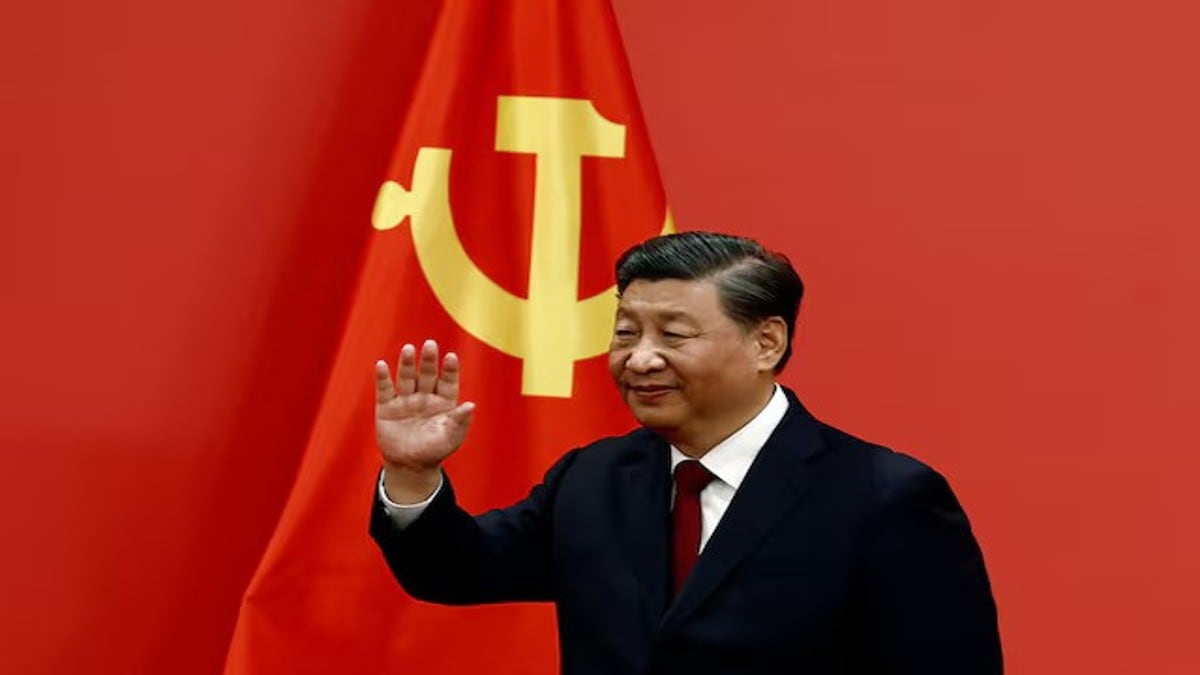
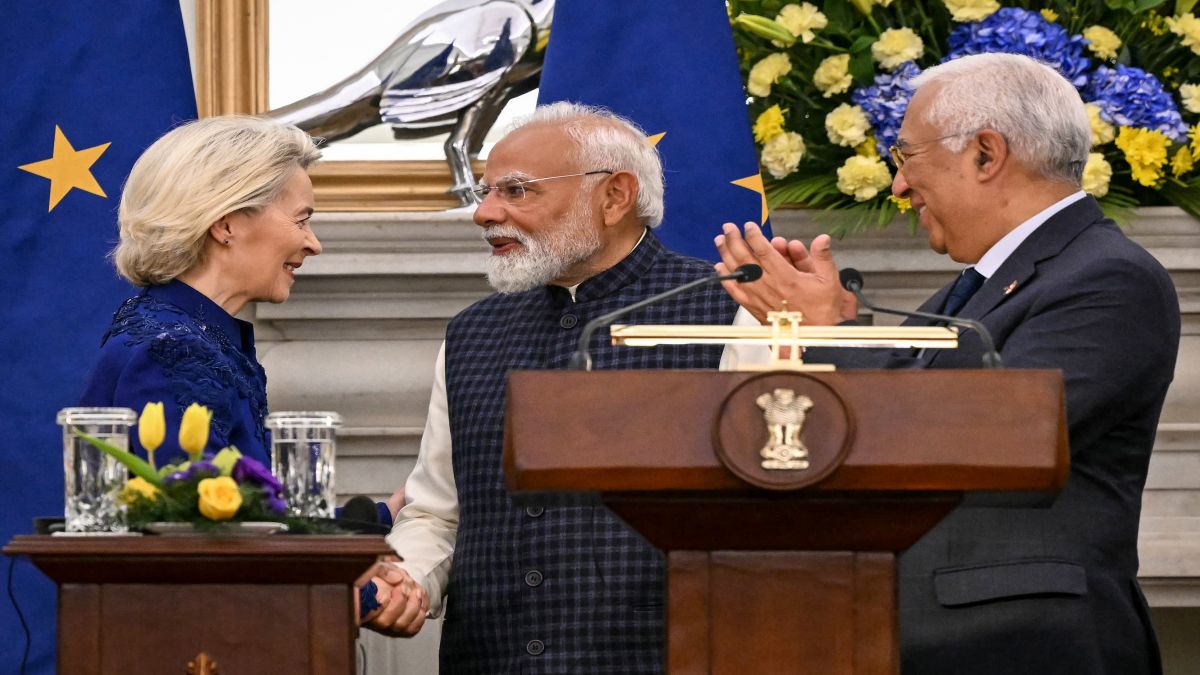)
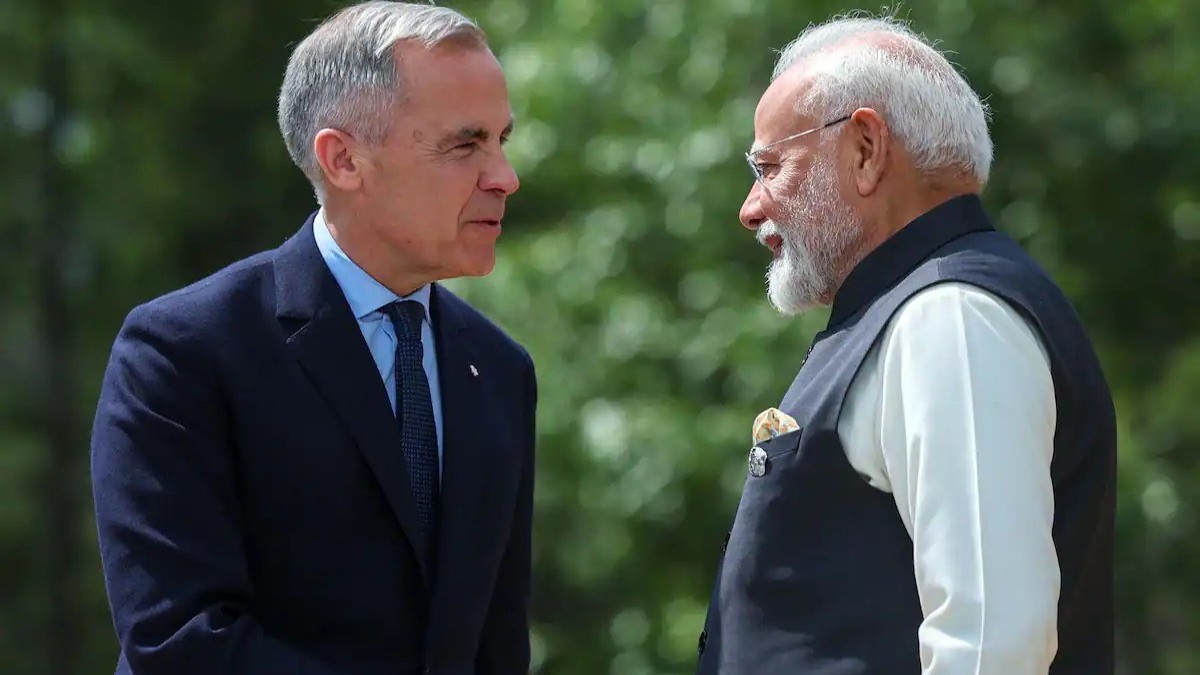)
)
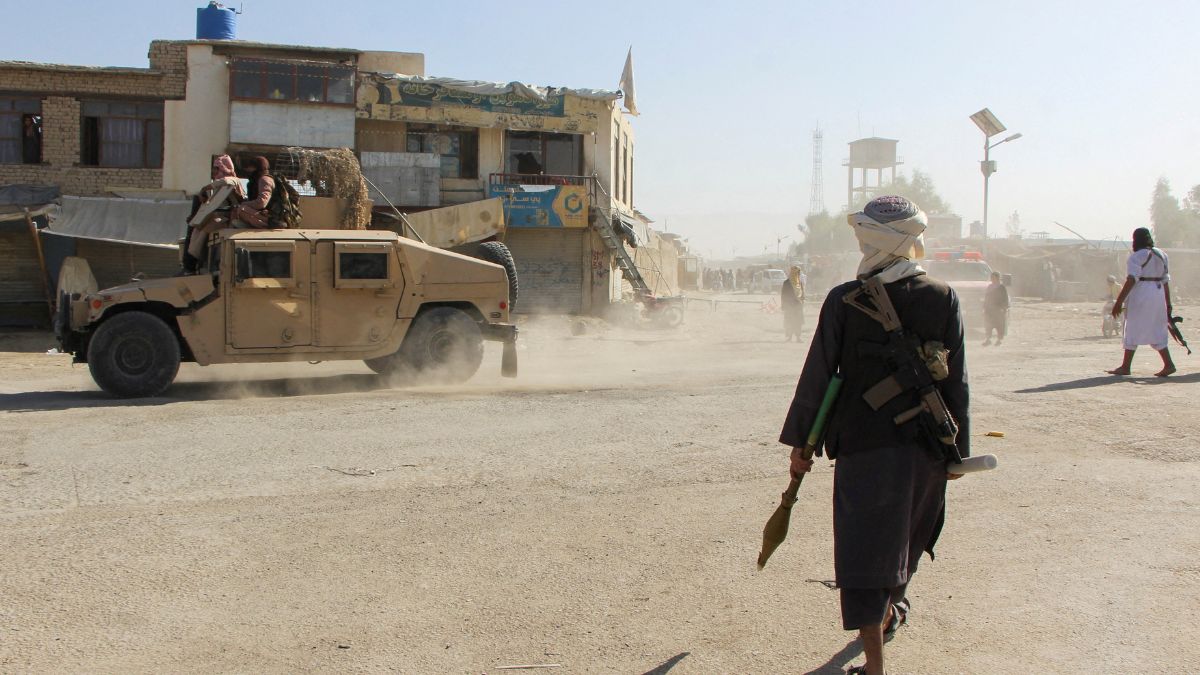)
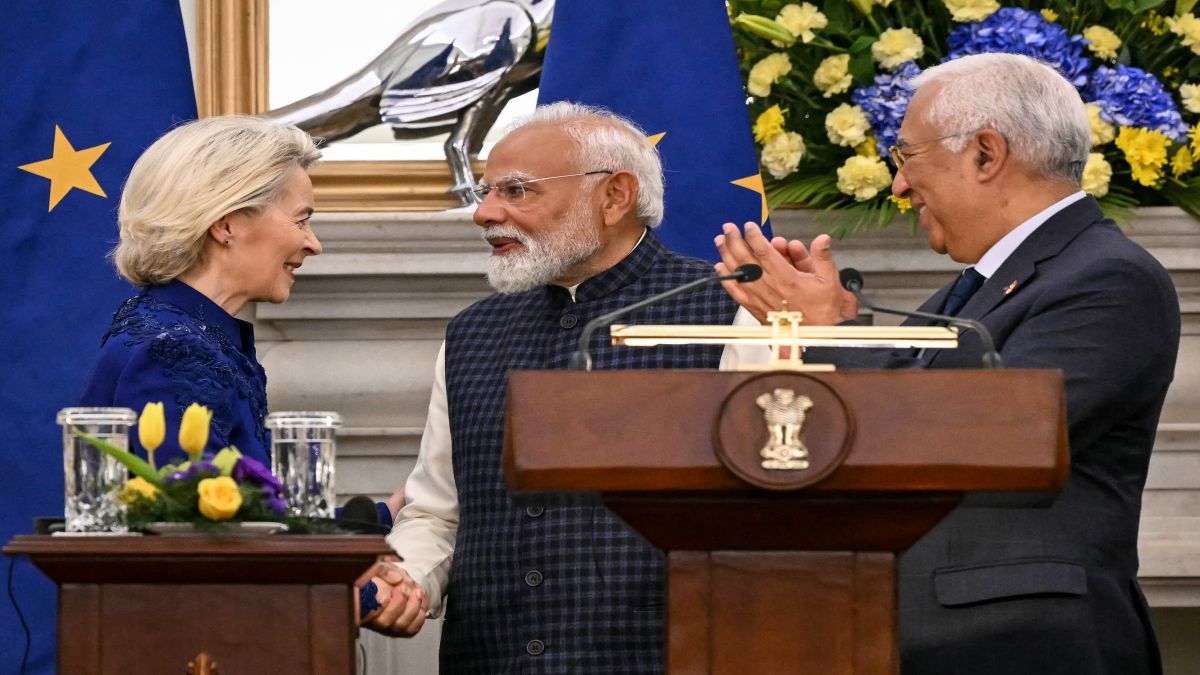)
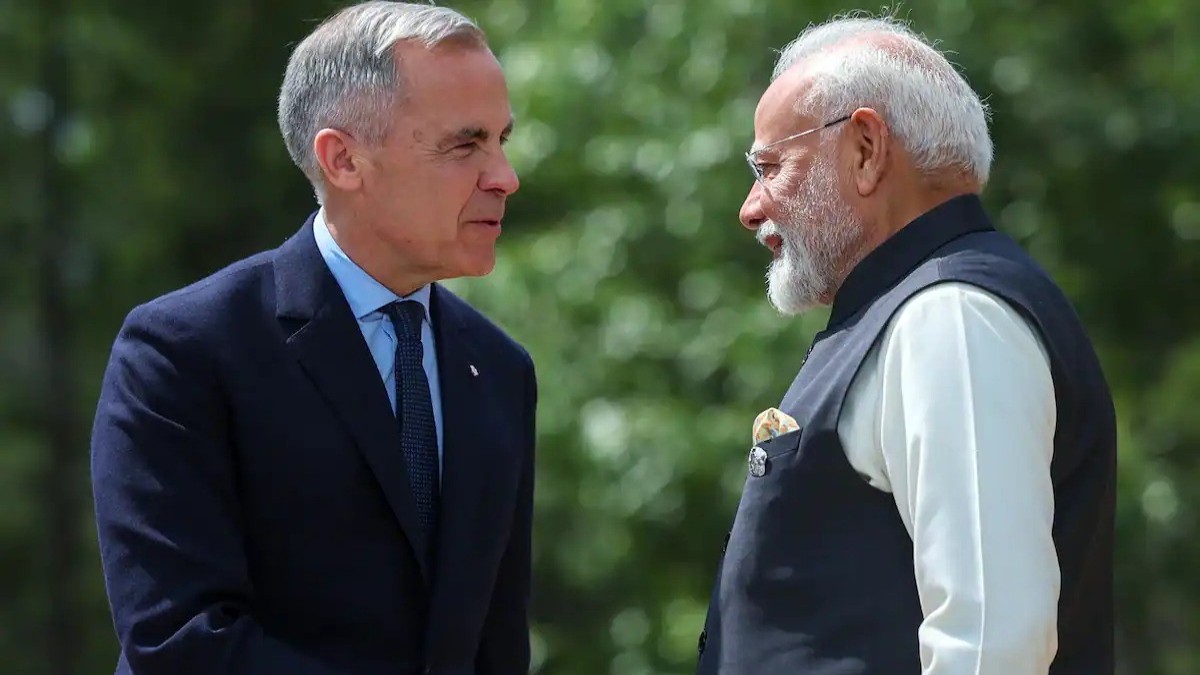)
)
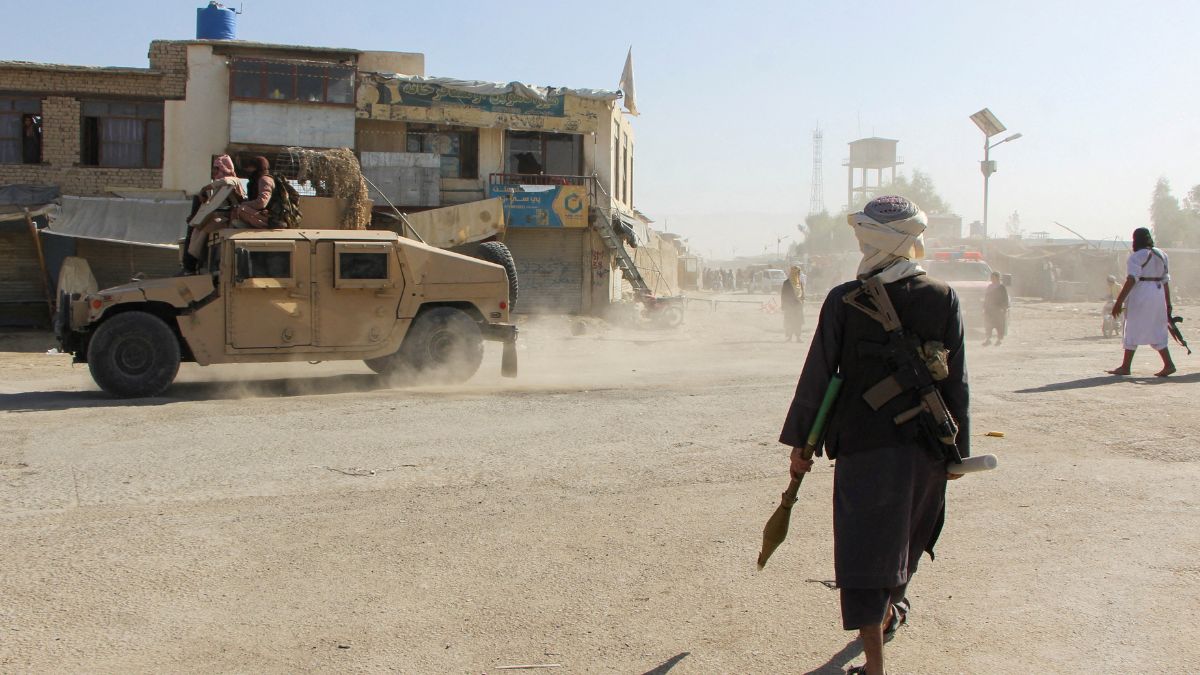)



